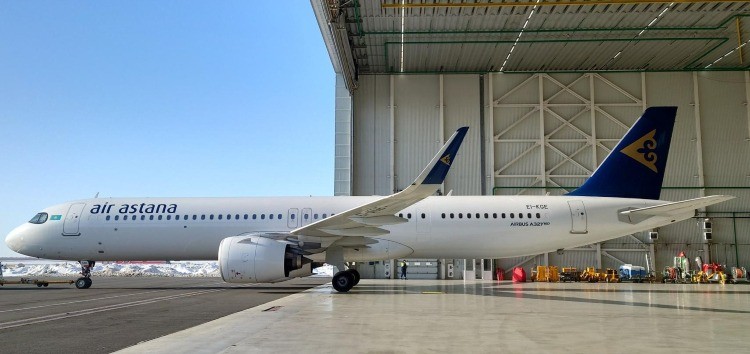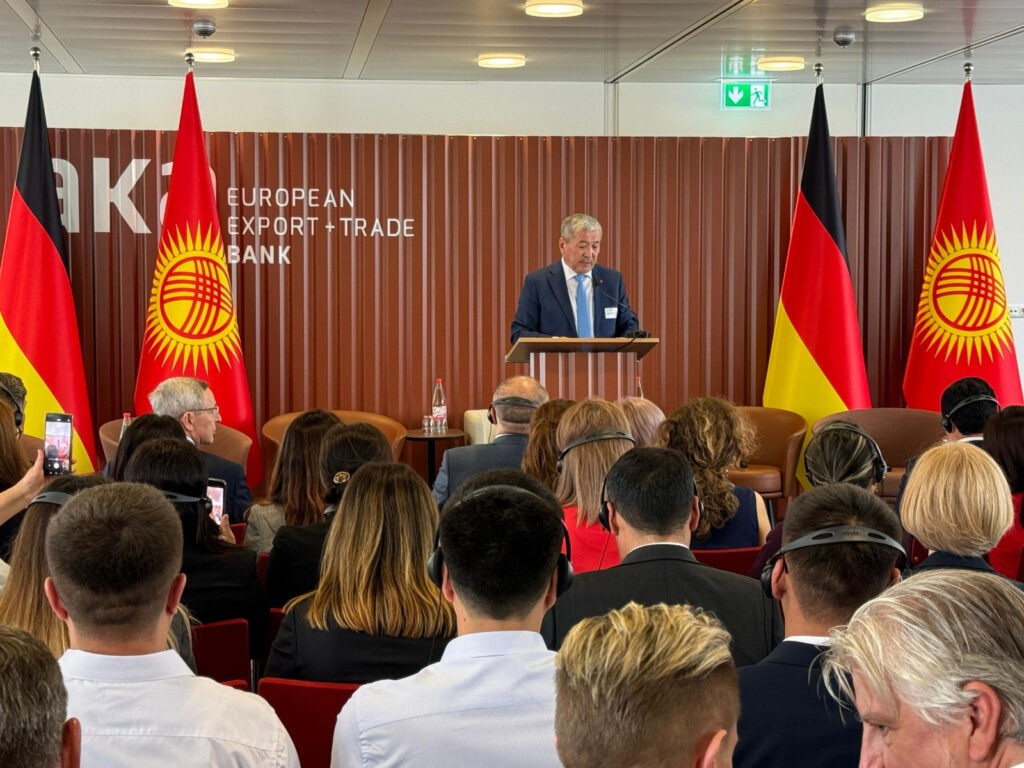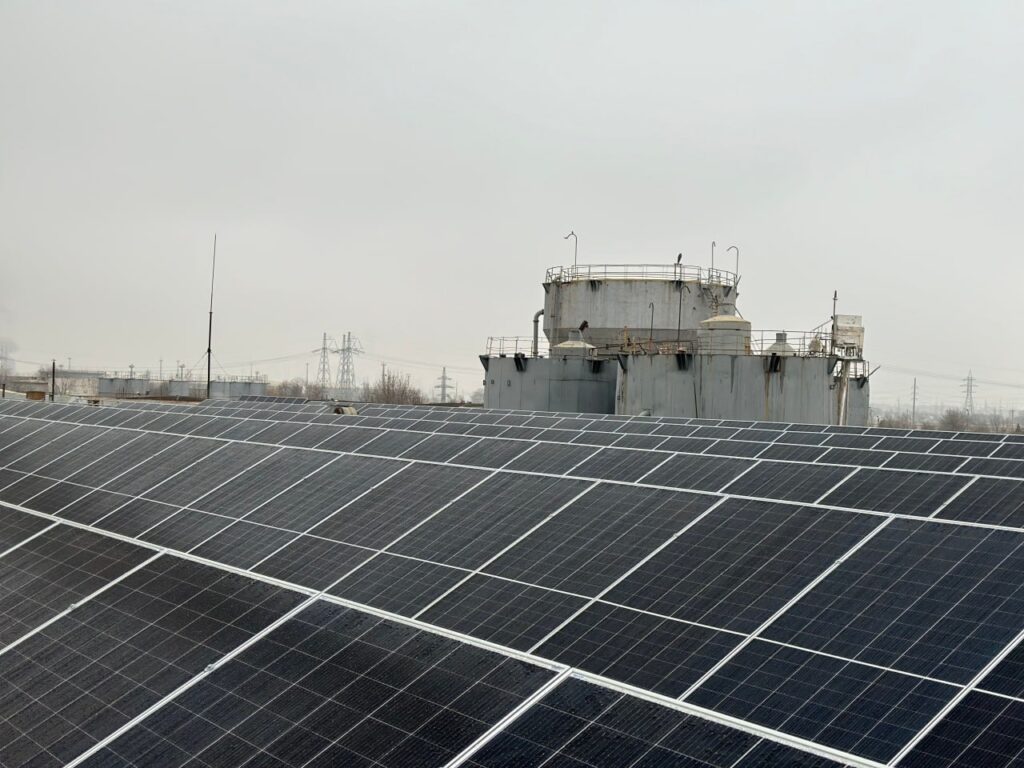New Industrial Zone Launched with Chinese Investment in Uzbekistan
On June 27, President of Uzbekistan Shavkat Mirziyoyev launched the construction of the first project in the Technopark special industrial zone in the Zaamin district of Jizzakh. Chinese investors have allocated a total $1.2 billion towards the realization of 30 projects in the new Technopark. Located on 400 hectares of land, the Technopark will comprise facilities to produce goods with high added value and import-substituting products to meet demands from foreign markets, with particular focus on electrical and mechanical engineering, building materials, furniture, food, and services industries. The initiative will create over 5,000 jobs and produce $70 million worth of goods for export. The Technopark will also provide an International Center for the Exchange of Experience and Engineering, to provide training in specialized skills required by industrial enterprises. Other facilities include an office complex, residential buildings, an eco-park, a large exhibition hall and a shopping center. Apart from the Technopark, Zaamin has recently created a zone to develop its services to tourism which is fast becoming a major driver in the scenic region’s economy.






